Tag: tariffs


Why trade wars are wars on the poor
November 14, 2023 | Post
In the not-so-distant past, political leaders from both sides of the aisle in the United States held a general consensus on the benefits of free trade.
During their presidential campaigns in 2000, Al Gore and George Bush, despite their differences, at least agreed on the merits of fostering open markets.
Fast forward to the present day and we find Joe Biden and Donald Trump endorsing staunchly protectionist policies.
Let’s explore what caused this complete 180 and who bears the brunt when trade is restricted.

Mises on immigration: setting the record straight
July 13, 2023 | Post
To set the record straight on the matter of liberty and immigration, let’s look to one of the most influential classical liberal thinkers, Ludwig von Mises, for guidance…
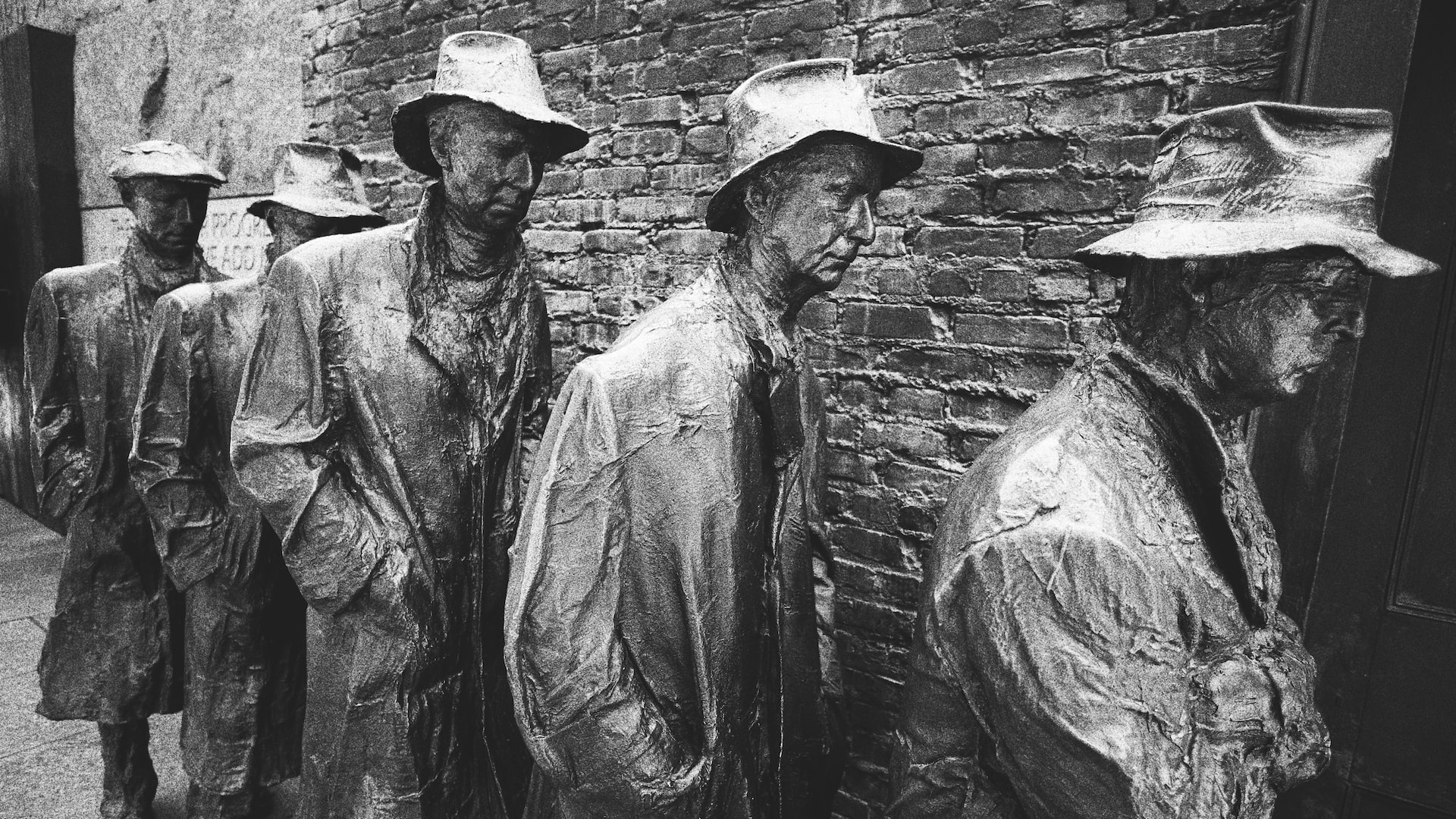
Five myths about the Great Depression
September 27, 2022 | Post
The Great Depression is one of the most misunderstood periods in American history. Once you do a little digging, there’s more than meets the eye to this desperate time. Here are some of our top myths about the Great Depression:
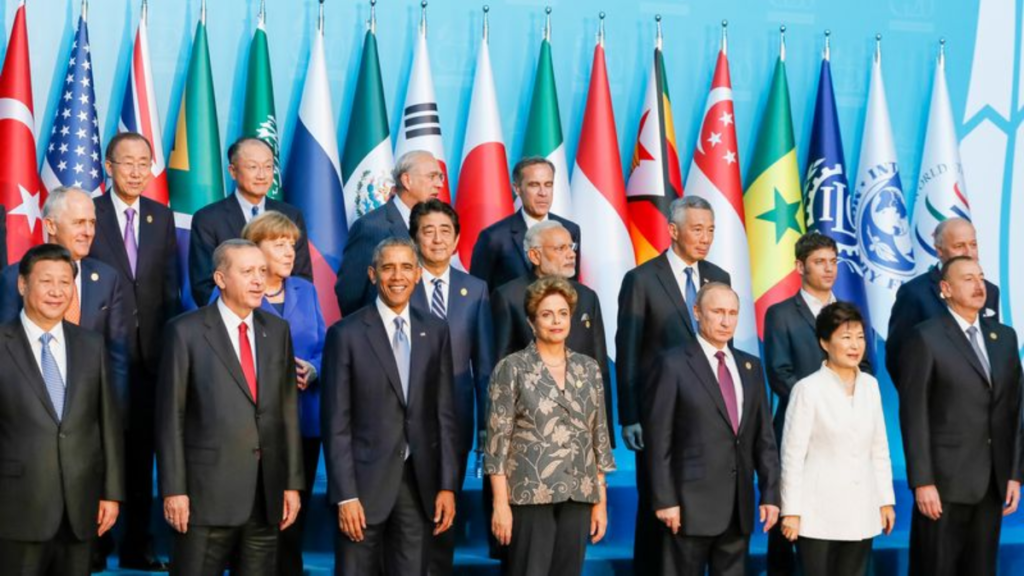
Trump, Trade, and Great Power War
March 23, 2017 | Post
One of the signature features of President Donald Trump’s campaign was his hostility to free trade. Then-candidate Trump repeatedly denigrated various multilateral trade pacts as bad deals for the United States. Pulling out of the Trans-Pacific Partnership, appointing opponents of free trade—such as Steve Bannon and Peter Navarro—into key positions, and promises of tariffs that are likely to […]

Why it would be madness to produce all our own food
March 14, 2017 | Post
There’s a reason why, in times of war, countries have blockaded others.

Won't someone think about the disemployed steel workers?
March 11, 2017 | Post
Joe works in a Pennsylvania steel mill. Many of Joe’s fellow Americans start buying more imported steel and, hence, less American-made steel. Because of this change in trade patterns, Joe – a good, hard-working, honest, play-by-the-rules, middle-aged family man who toiled in the steel mill all of his adult life – loses his job. Joe […]

Trump's proposed wall and tax are folly
February 22, 2017 | Post
The idea is wrongheaded on both counts: they would harm citizens of the US as well as those of Latin America.
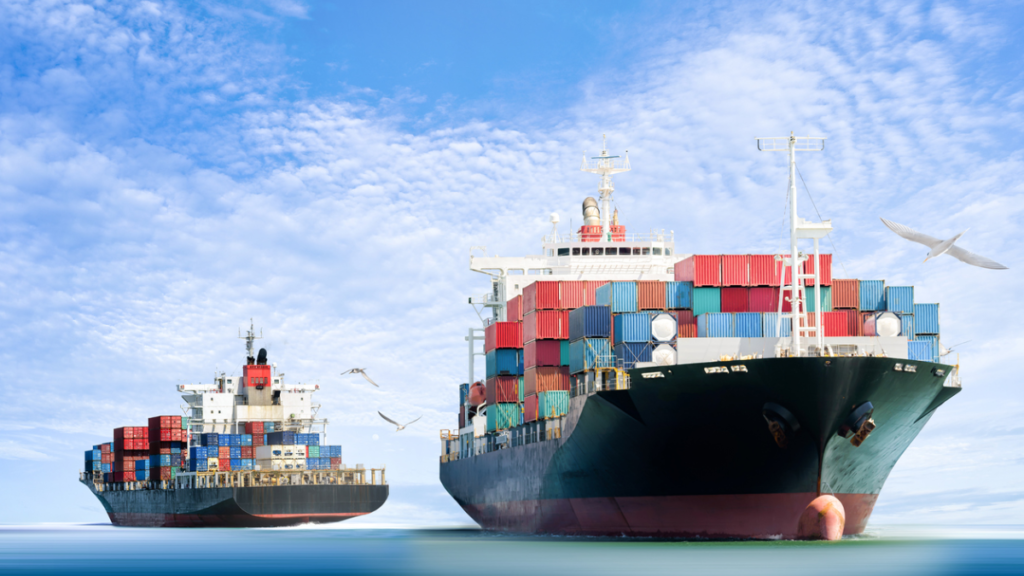
Trade restrictions imperil our standard of living
February 17, 2017 | Post
“The market is not a place, a thing, a collective entity. The market is a process, actuated by the interplay of the actions of the various individuals cooperating under the division of labor.” – Ludwig von Mises

“America First!” and Anti-Social Communitarianism
February 11, 2017 | Post
The problem with communitarianism is that many communitarians make for bad community members. Many of them are “society first, individual second!” to the point of being anti-social. They aren’t the kind of people you’d want to live near. Look, I get why people like community. I live in a fairly tight-knit community myself. We have little […]

Taxing global trade is not deregulation
January 28, 2017 | Post
Trump-style economic nationalism, like the more full-throated fascism with which it shares much, aims to bring back the mythical glory days of the nation. But if we really want to make America great (again), we should learn the lesson of history, as well as economic theory, that prosperity comes from the free movement of goods, services, and people regardless of arbitrary political lines.

An economic analysis of protectionism clearly shows that Trump’s tariffs would make us poorer, not greater
December 17, 2016 | Post
Trump’s base will be hurt the most by his wealth-destroying and punitive trade policy.

Free trade brings abundance — protectionism brings scarcity
September 29, 2016 | Post
When it comes to trade, the best US policy, or that of any country, is the elimination of all barriers to imports. This can be done unilaterally. Abundance should always be preferred to scarcity.

Protectionism is Robbery
August 30, 2016 | Post
Protectionism is the belief that domestic producers have a higher claim to your money than you do.
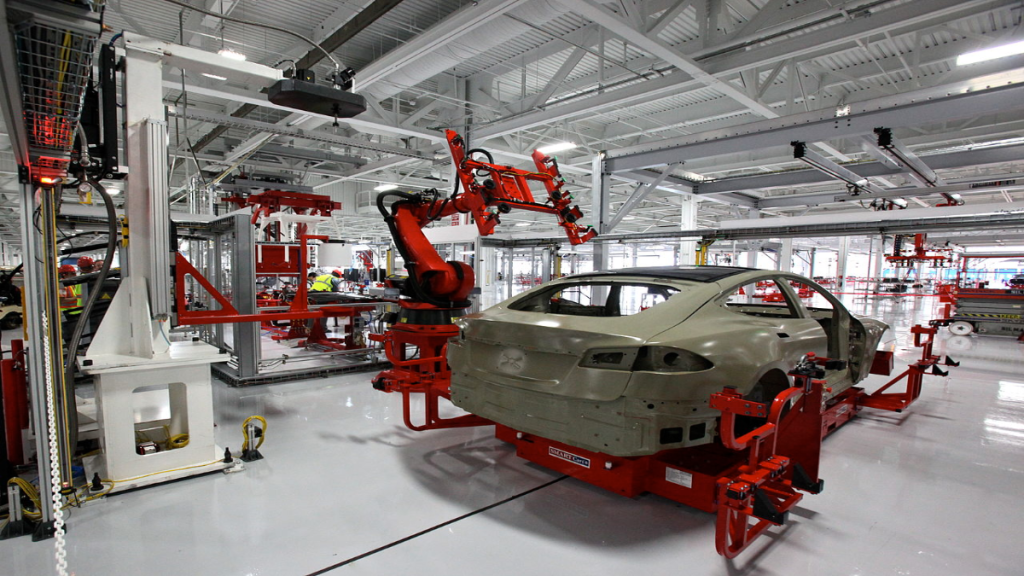
Globalization Isn't Killing Factory Jobs. Trade Is Actually Why Manufacturing Is up 40 Percent
August 5, 2016 | Post
This piece was originally published at the L.A. Times. Foreign trade took a beating at both major party conventions, with speakers blaming free-trade agreements for all but wiping out U.S. manufacturing and eliminating millions of middle-class jobs. Both Donald Trump and Hillary Clinton have promised to renegotiate or abandon trade agreements with key U.S. trading […]
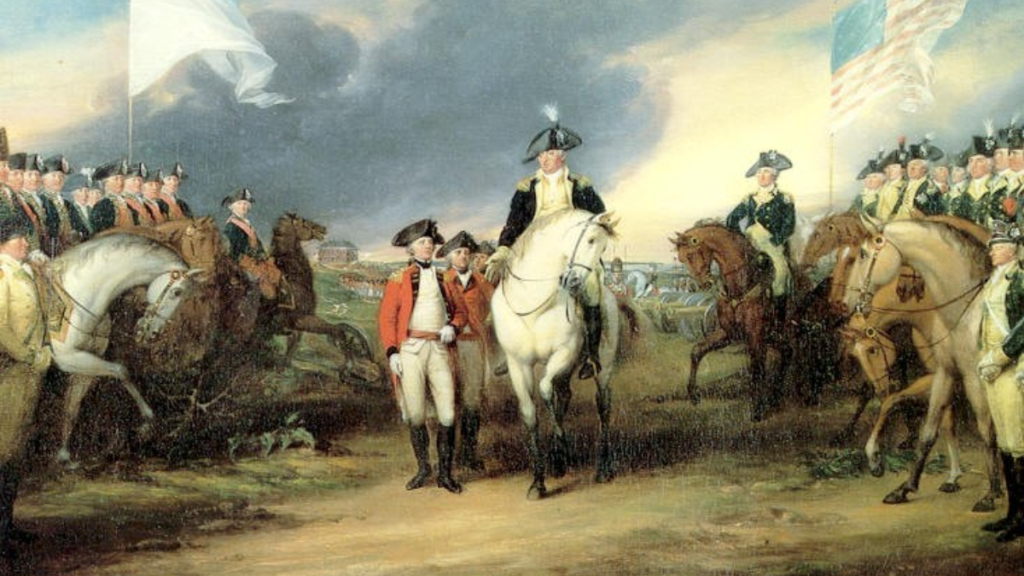
This One Dysfunctional Military Practice Might Be Responsible for the Existence of the United States
July 7, 2016 | Post
What would you do if the U.S. Army came to your door tomorrow and demanded you pay taxes and tariffs on many of the items in your home? Would you fight back against them; would you declare yourself free and independent from America? Yeah, we didn’t think you’d opt for the latter route… But, believe […]
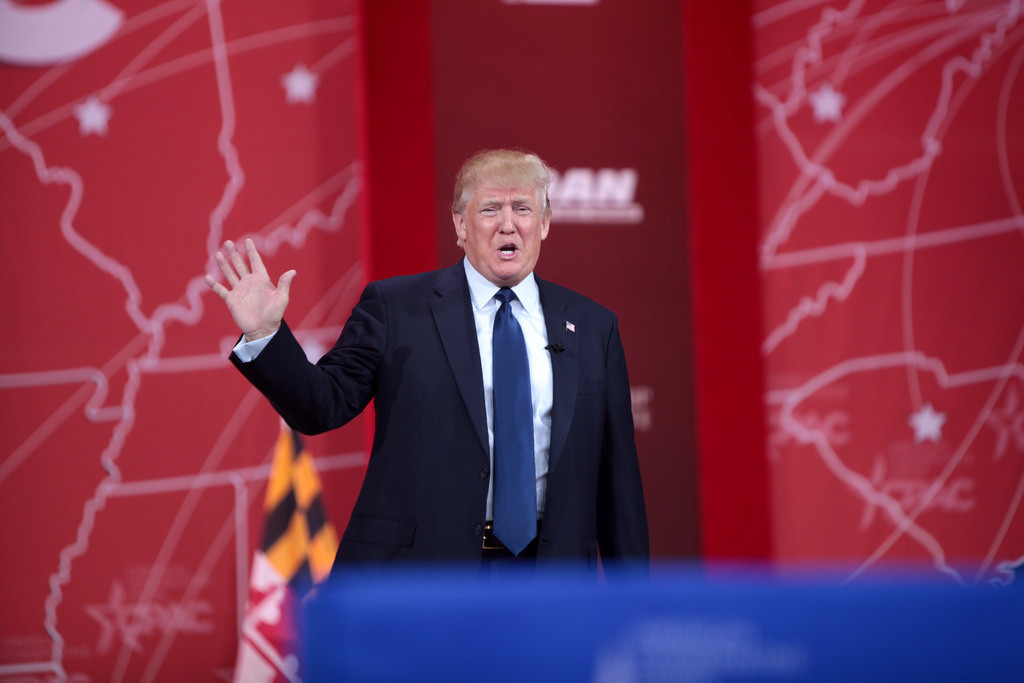
When I Look at My Donald Trump Tie Made in China, I Think About This Huge Economic Fallacy
May 13, 2016 | Post
The presidential campaign has brought up several economic issues, and international trade has been front and center of the debate. So, as I look at my Donald Trump tie that was made in China and my Donald Trump shirts that were made in Bangladesh and Indonesia, I want to clarify some basic economic concepts dealing […]

Food for Thought: Protectionism
November 6, 2015 | Post
Some countries heavily subsidize companies within their own borders. Does this justify equally large subsidies in America? How else can companies compete internationally if they do not receive government funds, but their rivals do? Let us know what you think in the comments!

